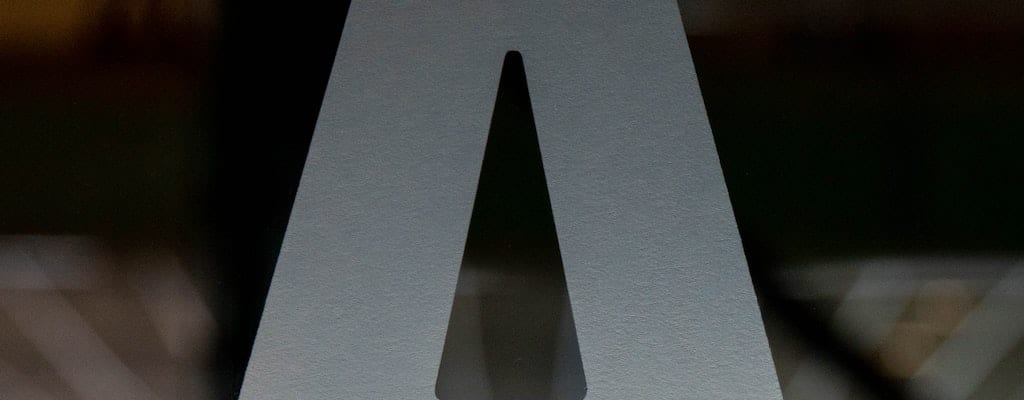strip off: Idiom Meaning and Origin
What does ‘strip off’ mean?
The idiom "strip off" means to remove clothing or other outer layers or coverings.

Idiom Explorer
The idiom "whisk off" means to quickly and abruptly take someone or something away to another location, often with a sense of urgency or haste. It conveys the idea of rapidly moving or removing someone or something from one place to another.
The idiom "take out" means to remove something or someone from a particular place or situation.
The idiom "take out" has several meanings and uses in American English.
An idiom meaning to leave or depart, often used to describe ending a project or leaving a place quickly.
The idiom "strike the tent" is rooted in the practice of camping or living in temporary shelters, such as tents. This expression is commonly used to convey the idea of packing up and leaving a place, often abruptly or hastily. It has become a widely recognized phrase that encapsulates the concept of ending or closing a particular endeavor or activity.
The idiom "storm off" means to leave a place angrily or abruptly, typically in response to a disagreement or conflict.
The idiom "storm off" is commonly used in English to describe someone leaving a place or exiting a situation abruptly and in an angry or dramatic manner. It is often used to illustrate a person's defiance, frustration, or rage in response to a particular event or interaction.
The idiom "step out" means to leave a familiar or comfortable situation to try something new or take a risk. It can refer to physical actions or a change in behavior or attitude.
The idiom "stand from under" means to get out of the way or to move aside in order to avoid being hurt or affected by a situation, often a dangerous or unpredictable one.
The idiom "stand from under" dates back to the 16th century and is a phrasal verb, consisting of a verb followed by a preposition or adverb. Its primary meaning is to move away from a dangerous or potentially harmful situation.
The idiom "spruce up" means to make something or someone cleaner, tidier, or more attractive by improving their appearance or condition.
The idiom "spick-and-span" means extremely clean and tidy, usually implying that something has been recently cleaned or is in pristine condition.
The idiom "spic and span" means extremely clean and tidy.
Unmasking the Enigma
The idiom "strip off" is a commonly used expression in the English language. It is mainly used in informal contexts and has multiple meanings depending on the context in which it is used.
One meaning of "strip off" is to remove one's clothing. It can refer to taking off one's clothes completely or partially, depending on the situation. It is often associated with activities such as changing clothes, undressing before taking a shower or going to bed, or engaging in certain types of performances.
In addition to its literal meaning, "strip off" can also be used figuratively. It refers to getting rid of something thoroughly. This can pertain to physical objects, such as removing layers or components from a structure or machine, or to intangible things, such as eliminating unnecessary elements from a plan or simplifying a process.
Furthermore, "strip off" can also be used to express the idea of removing someone's power, position, or dignity. It can imply a sense of humiliation or degradation, where someone is stripped of their authority or prestige. This usage is often employed in discussing punishment, disciplinary actions, or political scenarios.
The idiom "strip off" is related to the idioms "take out," "in the buff," "get rid of," and "leave off."
"Take out" can be considered a synonym of "strip off" in its figurative meaning of getting rid of something. Both idioms express the act of removing or discarding something.
"In the buff" is another expression that can be related to "strip off" in its literal meaning of removing one's clothing. It is often used to describe being naked or not wearing any clothes.
"Get rid of" is similar to "strip off" in its figurative meaning of eliminating or discarding something. Both idioms convey the idea of getting rid of something thoroughly.
"Leave off" is another idiom related to "strip off" in its figurative meaning of removing or discarding something. Both idioms express the act of taking something away or discontinuing its use.
The idiom "strip off" encompasses a range of meanings and can be used in various contexts. It involves the physical act of removing clothing, the figurative act of removing or discarding something, and the metaphorical act of taking away someone's power or dignity.
The versatility of the English language is evident in idiomatic expressions like "strip off" and its related idioms, which add depth and nuance to our communication.
Example usage
Examples of how the idiom "strip off" can be used in a sentence:
- She stripped off her wet clothes and put on some fresh ones after coming in from the rain.
- The mechanic had to strip off the old paint before repainting the car.
- He always strips off the top layer of his cheeseburger before taking a bite.
More "Verbs" idioms

